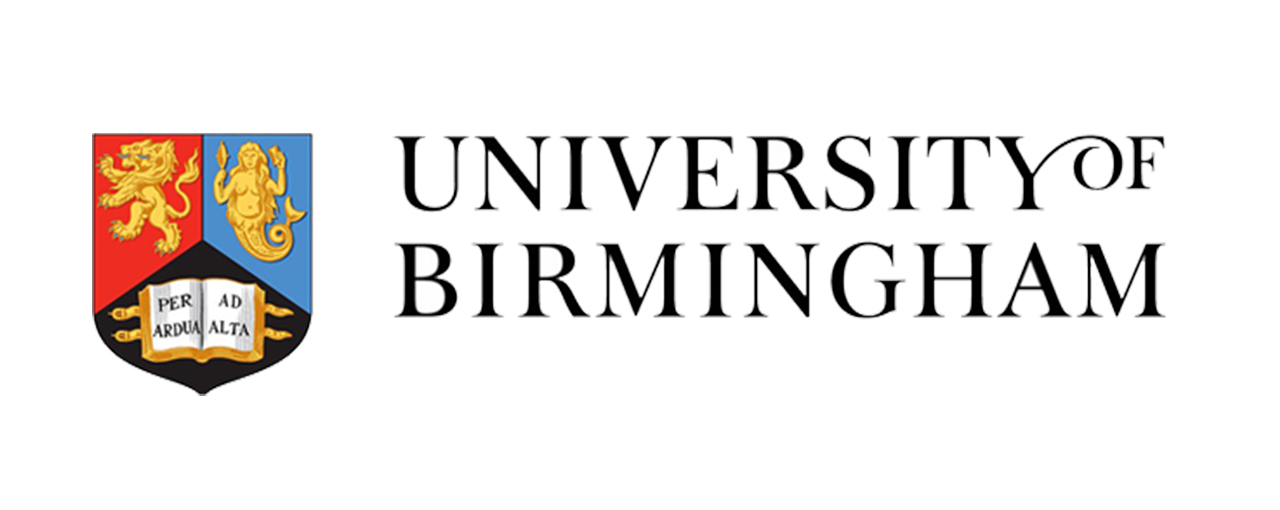Profile
Offering a beautiful parkland campus, yet only three miles from the centre of Birmingham, the University is at the heart of England. Having invested substantially in its entertainment, shopping and business districts in the last twenty years, the City of Birmingham is now considered one of the country’s major international conference destinations, located at the centre of the country’s road and rail networks, and with its own modern, expanding, international airport.
The University of Birmingham has a long-standing tradition of research and a thriving postgraduate population. It is also one of the UK’s finest and most diverse research-led Universities.
The roots of the University spread back over 100 years to its foundation in 1900. Throughout this time, the University research has been at the heart of the region, contributing development, invention and design to the local industry and economy.
Our campus at Edgbaston reflects this with the magnificent redbrick buildings of the early 20th century, contrasted against innovative modern architecture. Unusually, the campus also boasts its own Botanic Garden, art collection (housed in the outstanding Barber Institute of Fine Arts), and excellent sporting facilities: further testament to the breadth of interests that characterize this University.
Each year awards for research grants and contracts total about £ 75 million towards our annual income: we have a balanced portfolio of income across the Research Councils, the European Union, charities, government departments, commerce and industry. We also benefit from a thriving Research Park and a wholly-owned commercial exploitation company (Birmingham Research and Development Ltd) for our intellectual property, which is one of the most successful in the UK.
As a major research-led institution, the University learning environment provides both pastoral and academic support for the postgraduates. The University has one of the largest academic libraries in the country – with a book stock of two and a half million volumes, and three million manuscript and archival items. Each year 38,000 new acquisitions are made to enhance the reference sources available.
Birmingham is a great place to live. If you are looking for accommodation in the private sector, then there is a good selection of flats and houses available and our Housing Services Office can help you find something suitable. We aim to provide an environment which helps you to work to the best of your ability in a congenial and productive atmosphere.
The University charges an annual fee which include tuition, examination and graduation, as well as fees payable to the Guild of Students. Fees are usually paid annually in advance at the start of your programme, but it is possible for you to pay by installments providing certain conditions are met. A small charge is made for this service.
An offer of a place at the University cannot be confirmed until evidence that you can pay your tuition fees and support yourself has been produced – for example, evidence of a grant award from an awarding body such as a research council. If you are a self-financing student, you are required to sign a statement that you accept your obligation to pay fees and that you will do so when they are due. You are not permitted to continue your studies if you fail to pay the fees. The University fees do not take into account the cost of accommodation, living expenses, equipment or books. We estimate that for a period of twelve months you need a minimum of £ 5,700 for these.
Students review about the university can be found at :
http://www.hotcourses.co.id/study/student-reviews-ratings/university-of-birmingham/5666/1/rankings.html


